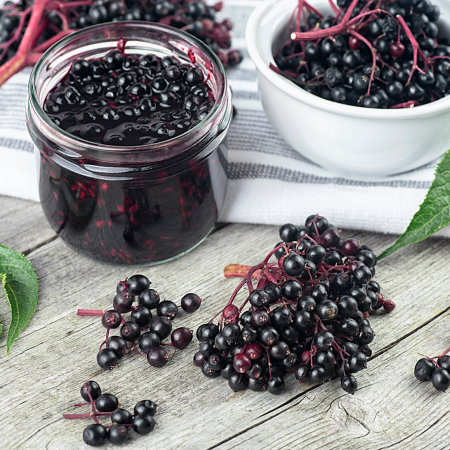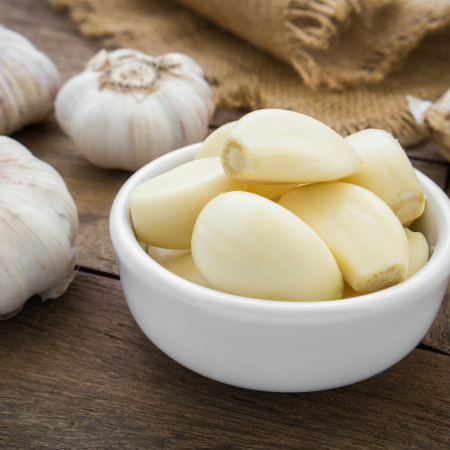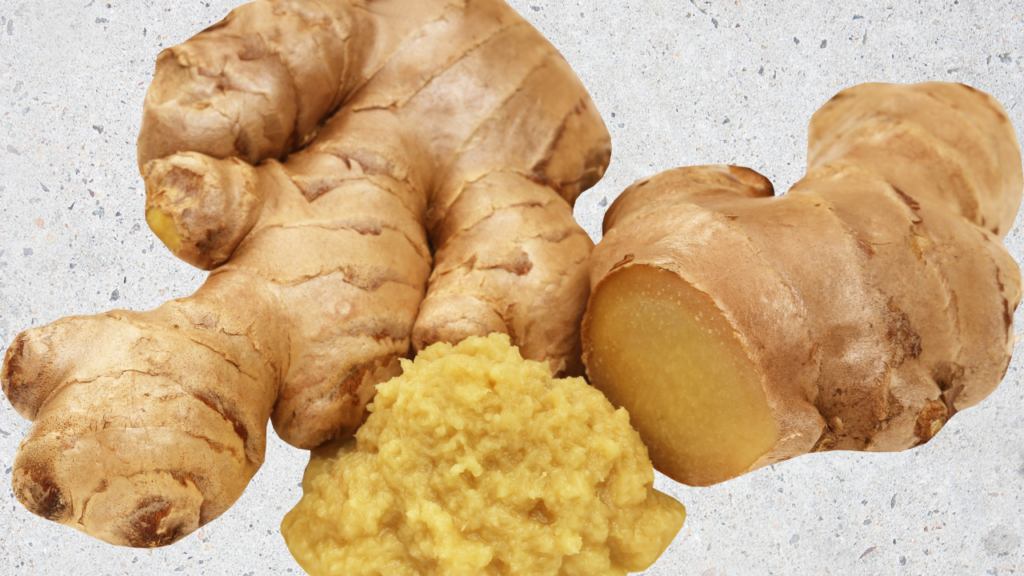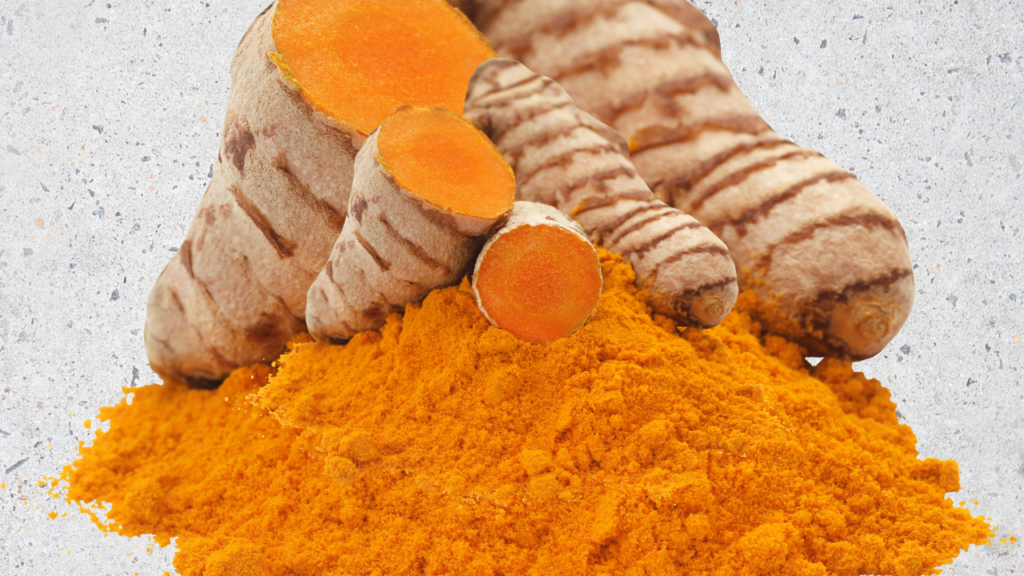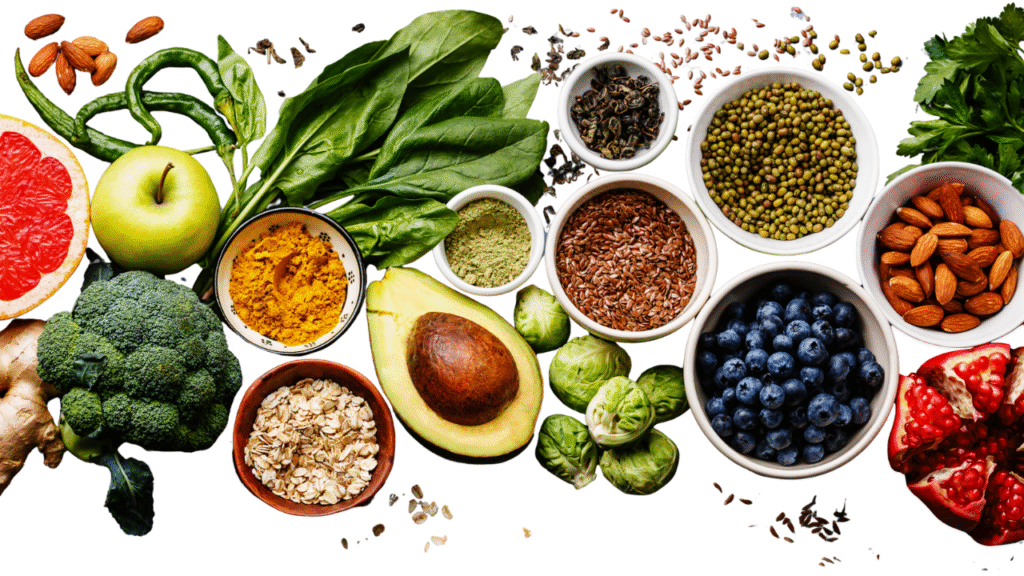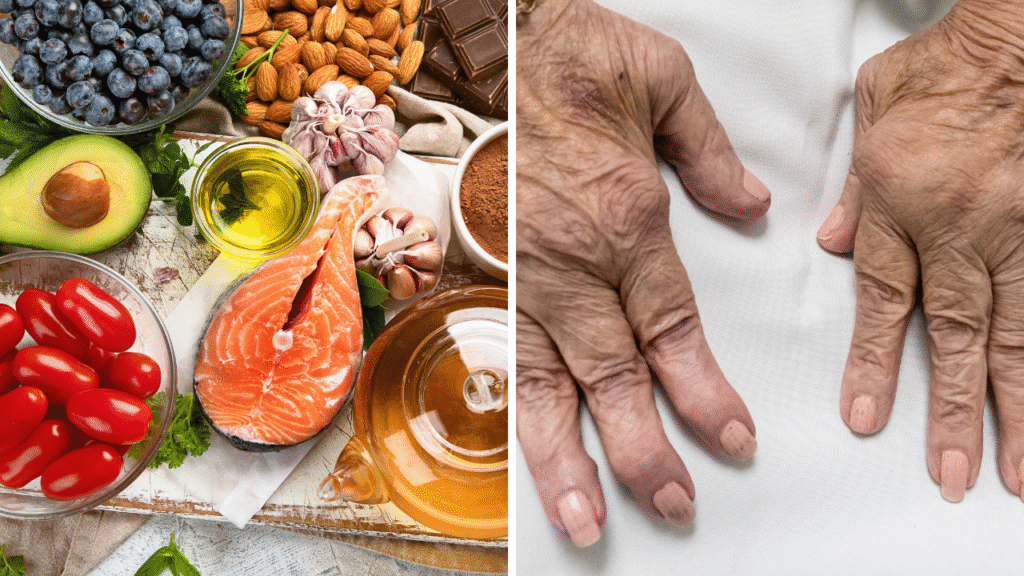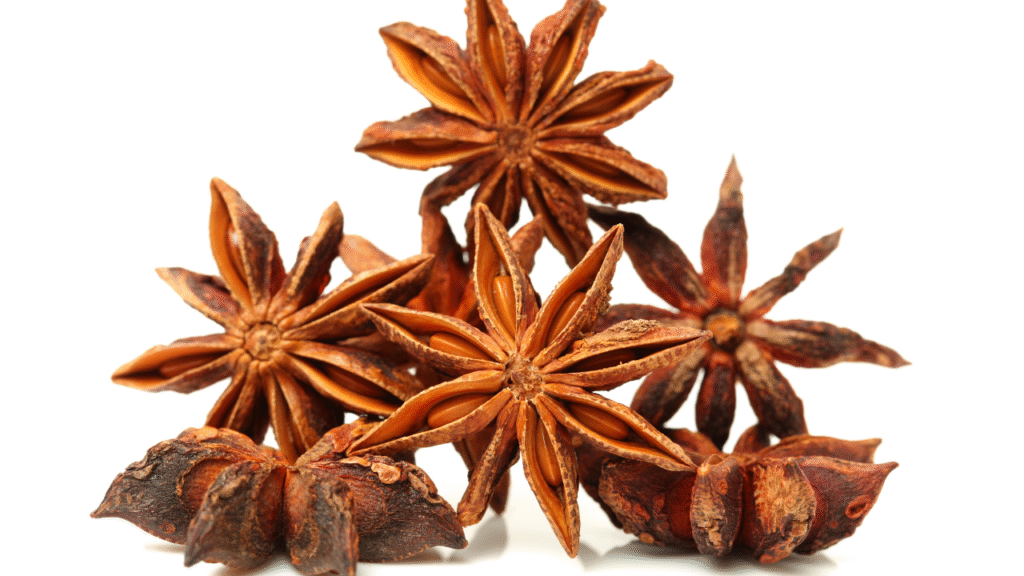Maintaining a strong immune system is key for overall health. One of the best ways to boost your immune system is by taking herbs for immune health.
According to Research, taking a holistic approach to wellness is the best way to build your immune system. Holistic approaches to wellness include:
- Eating nutrient-dense food.
- Managing stress.
- Getting optimal amounts of sleep.
- Limiting alcohol consumption.
- Exercising Daily.
Many herbs are loaded with phytochemicals and immune-boosting properties that help to build a robust, healthy immune system.
Over the last year, most Americans have taken a serious interest in strengthening their immune systems. Herbs that contain beneficial plant compounds can improve the body’s natural ability to defend against harmful viruses. With immune health at the top of many people’s minds, it is no surprise that immune-boosting herbs have been discovered.
This article reviews the best research-backed herbs for immune support.
Related: Top 10 Natural Immune Boosters You Should Know About – SunDrg Health
1. Echinacea
Echinacea May strengthen the immune system.
Echinacea is mostly used to treat colds. Some early research shows that active ingredients in echinacea and its supplements may also have broader health benefits.
Echinacea may strengthen your immune system and help fight colds, flu, and infections caused by bacteria or viruses. According to research, the echinacea plant contains chemicals that help your body to create white blood cells. When your upper respiratory tract (nose, mouth, and throat) becomes infected, these white blood cells work within your immune system to fight infection. (5, 6, 7).
How to Use Echinacea
Echinacea can be taken in many forms. You can make it into tea, take it as a supplement or herb, or apply creams containing it to your body.
Talk with your doctor before taking echinacea, especially if you have any health conditions or are taking medications.
How to make echinacea tea
To make echinacea tea, you can use dried or fresh echinacea roots, leaves, or flowers.
- Boil water for 5 minutes.
- Add 1 gram of dried or fresh echinacea roots, leaves, or flowers to a paper dip bag.
- Put the tea bag in a cup of boiling water and let it brew for 5 minutes.
- Remove the paper bag, and drink the tea when you are ready.
2. Elderberry
Elderberry is rich in antioxidants and vitamin C, which helps boost the immune system. This makes it an excellent natural remedy to prevent and fight off colds and flu.
Elderberries are renowned for their immune-boosting properties. They contain compounds that can help stimulate the immune system, making it more effective at fighting off infections.
The anthocyanins present in elderberry have been found to enhance immune function by producing more cytokines, which help regulate immune response.
Anthocyanins have been shown to reduce the likelihood of viral infections such as upper respiratory infections.
Regular consumption of elderberry can enhance your body’s natural defense mechanisms.
How to Use
Elderberries come in various forms, such as dried berries or flowers, tea, gummies, juice, and wine.
It is available online and in local health retail stores
Elderberry syrup, simmering elderberries with water for 45 minutes to an hour.
To make Elderberry tea, combine one tablespoon of dry elderberry or flowers with eight ounces of water.
3. Astragalus
Astragalus is a plant in the family of Leguminosae (beans or legumes). It has a long history as a disease fighter and an immune system booster. Astragalus contains beneficial plant compounds that may enhance your immune system.
It has many health benefits, including immune-boosting, antiviral, anti-aging, and anti-inflammatory properties.
According to research, astragalus may increase the production of white blood cells in the body, which are the cells of your immune system responsible for preventing illness (6, 8).
Astragalus may help boost your immune system to prevent and fight viral and bacterial infections, including the common cold.
How to Use
Astragalus comes in various forms, such as Dried and used in tea, topically for the skin, tincture (liquid alcohol extract), capsules, and tablets.
It is available online and in local health retail stores.
4. Goldenseal
Goldenseal is used as an immune system stimulant in traditional herbal medicine.
According to Animal research, goldenseal extract can increase mice’s immunoglobulin M {IgM} response. IgM is the body’s first antibody when it senses a foreign pathogen, crucial to immune health.
According to a test-tube study, the herb has antimicrobial and antibacterial properties and helps boost overall immunity.
5. Garlic
Garlic is also known for its immune system support. It has been shown to have antibacterial, antiviral, antifungal, and antimicrobial properties, which can help fight off infections and diseases. Garlic contains sulfur from Allicin compounds that can help support the immune system and improve overall health. Sulfur is the compound that gives garlic its distinctive smell and taste.{8, 10)
When garlic is crushed, chewed, or sliced, it produces a compound called allicin (with a c), the main active ingredient in garlic. Allicin is thought to give garlic its immune-boosting properties. (8, 9).
Who knew boosting your immunity could be as simple as eating more garlic? According to one study of 41,000 women, those who ate garlic, fruits, and vegetables routinely had a 35% lower colon cancer risk.
Garlic contains various vitamins and minerals, including vitamin C, B6, and selenium, which are crucial in supporting a healthy immune system.
These compounds have been shown to boost the disease-fighting response of some types of white blood cells in the body when they encounter viruses, such as the viruses that cause the common cold or flu (4, 6).
6. Ginger
Ginger’s immune-supporting effect is due to its active component, gingerol, Which is responsible for many of ginger’s therapeutic properties. It can help ease ailments ranging from nausea to menstrual cramps and boasts anti-inflammatory and antioxidant properties. Gingerol is also easy to make—you can do so with just a piece of fresh ginger and boiling water.
According to studies ginge’s active components, antioxidants, and other nutrients can reduce inflammation. [3]
A study from 2017 showed that daily consumption of ginger may boost immunity, which supports recovery from other illnesses, such as the common cold or flu, and protects against chronic disease.
In a study from 2013 on ginger and respiratory health, fresh ginger may help protect the respiratory system than dried ginger.
When it comes to fortifying your immune system during the cold and flu season, ginger emerges as a remarkable ally. [13]
Its reputation as an immune-supporting herb is well-founded and supported by extensive research.
7. Turmeric
One of turmeric’s benefits is its role as a powerful antioxidant and its powerful anti-inflammatory effects. Turmeric contains a compound called curcumin, which helps modulate immune cell activity.
It can increase antibody production and enhance the function of immune cells, such as macrophages and T-cells. This immune-boosting effect can help the body fight off infections more effectively while reducing the risk of chronic diseases.
Studies have found that curcumin can stimulate the production of lymphocytes. They are essential for fighting off infections.
It also possesses antimicrobial properties that can inhibit the growth of harmful bacteria, viruses, and fungi. Curcumin is the main property
that gives turmeric its health-boosting properties. Curcumin is a polyphenol compound known for its potent anti-inflammatory and antioxidant effects.
It helps to consume it with black pepper, which contains piperine. Piperine is a natural substance that enhances the absorption of curcumin by
How to use: Add to curries, smoothies, or golden milk.
8. Oregano
Oregano oil is renowned for its antifungal, antiviral, and antibacterial properties. The main active compound, carvacrol, has been shown to combat various strains of bacteria, including E. coli and Staphylococcus aureus. It can also fight fungal infections such as candidiasis and may be effective against viruses that cause colds and flu.
Research indicates that oregano can be effective against antibiotic-resistant bacteria and inhibit Candida albicans’ growth, a common yeast responsible for infections.
Oregano leaves contain two essential compounds, thymol and carvacrol, which help fight bacterial infections. Regular use of oregano oil can strengthen your immune system due to its antimicrobial and antioxidant effects.
Its formidable antibacterial properties have earned it a well-deserved reputation as one of nature’s most potent immune-supporting herbs.
9. Andrographis
Andrographis has traditionally been used to alleviate signs and symptoms of respiratory infections and enhance immunity. One core reported benefit of Andrographis is improved immune health and the signs and symptoms of upper respiratory tract infections and the common cold.
The main compounds in the plant are called andrographolides. They are known for their anti-inflammatory, antioxidant, and antiviral effects, which have been proven to fight infections.
Research also concludes that andrographolide has antiviral properties and can restrain virus replication and virus-induced pathogenesis,
This allows Androphraphis to be used as a natural immune booster that fights infections and improves cold and flu symptoms.
In one open-label study, which included 30 participants, Andrographis paniculata extract increased in T-cells and other immune cells while also improving several inflammatory markers. This suggests that Andrographis benefits the immune system.
Conclusion:
Maintaining a healthy immune system is vital to maintaining your health and well-being. Beneficial herbs can help protect against various pathogens, viral infections, and other harmful substances.
Whether you drink herbal teas, make soups, or take a tincture, adding herbal remedies into your daily routine can help boost a robust immune system and overall health and well-being.


